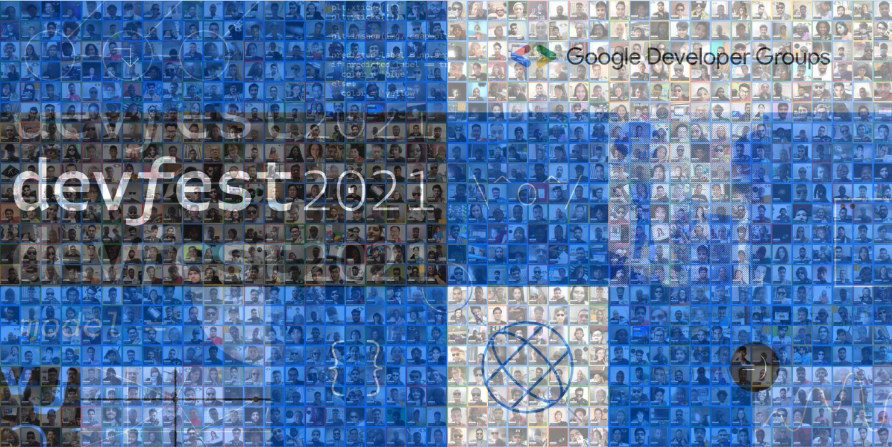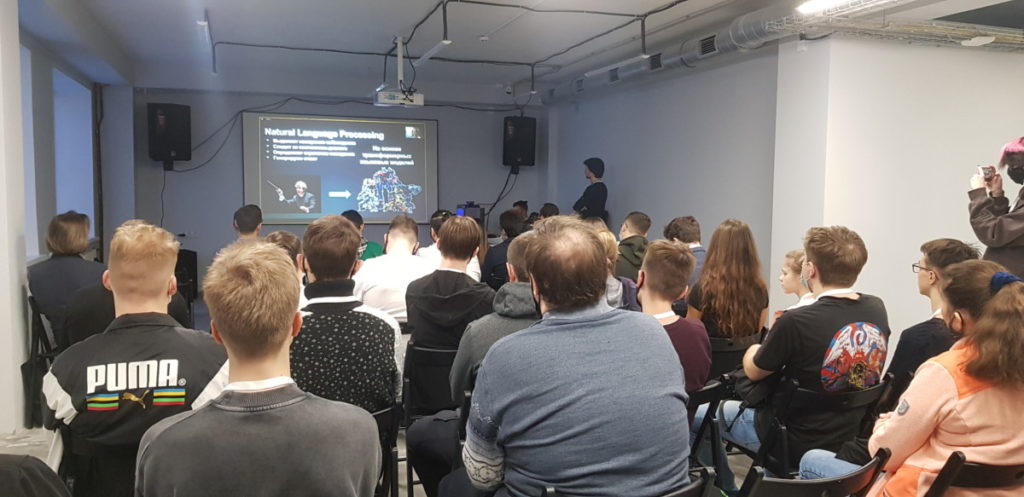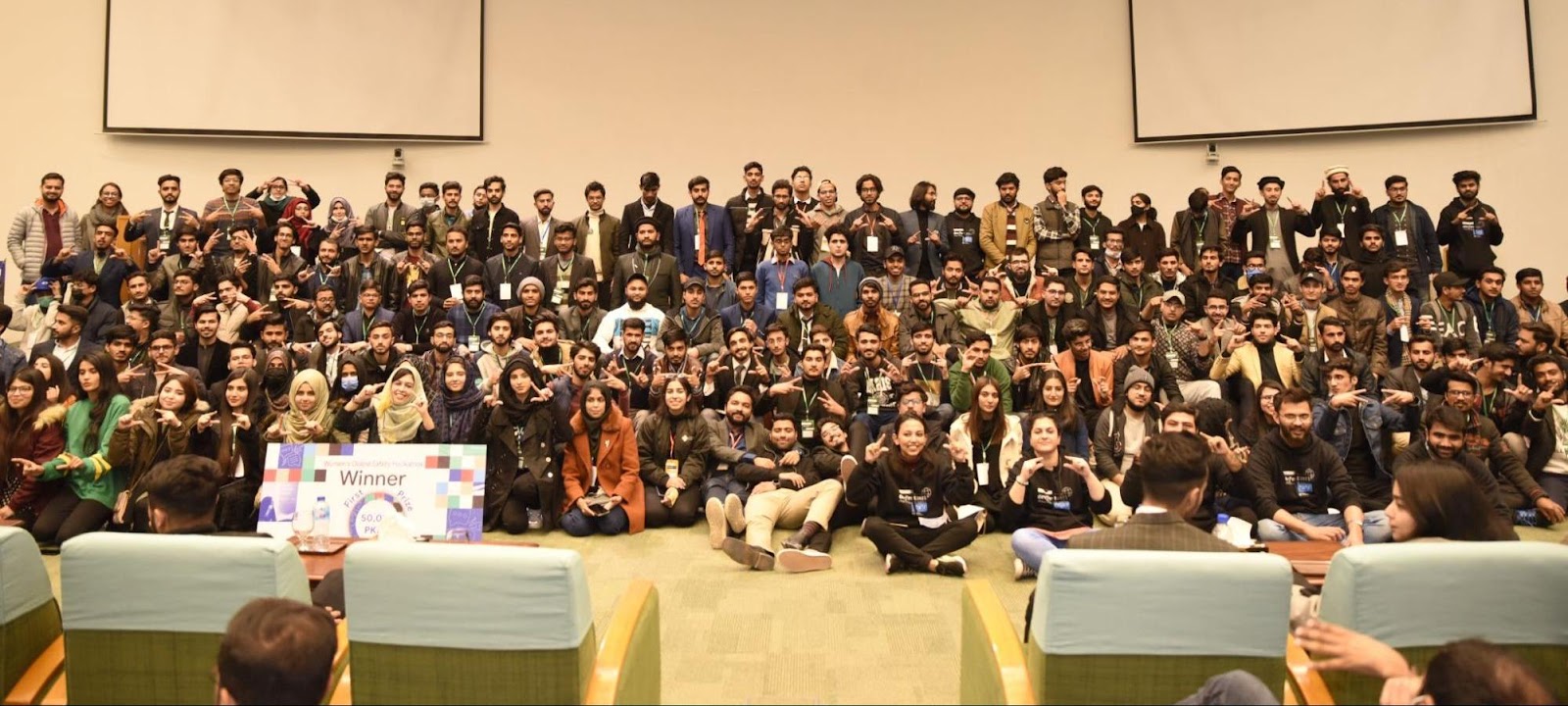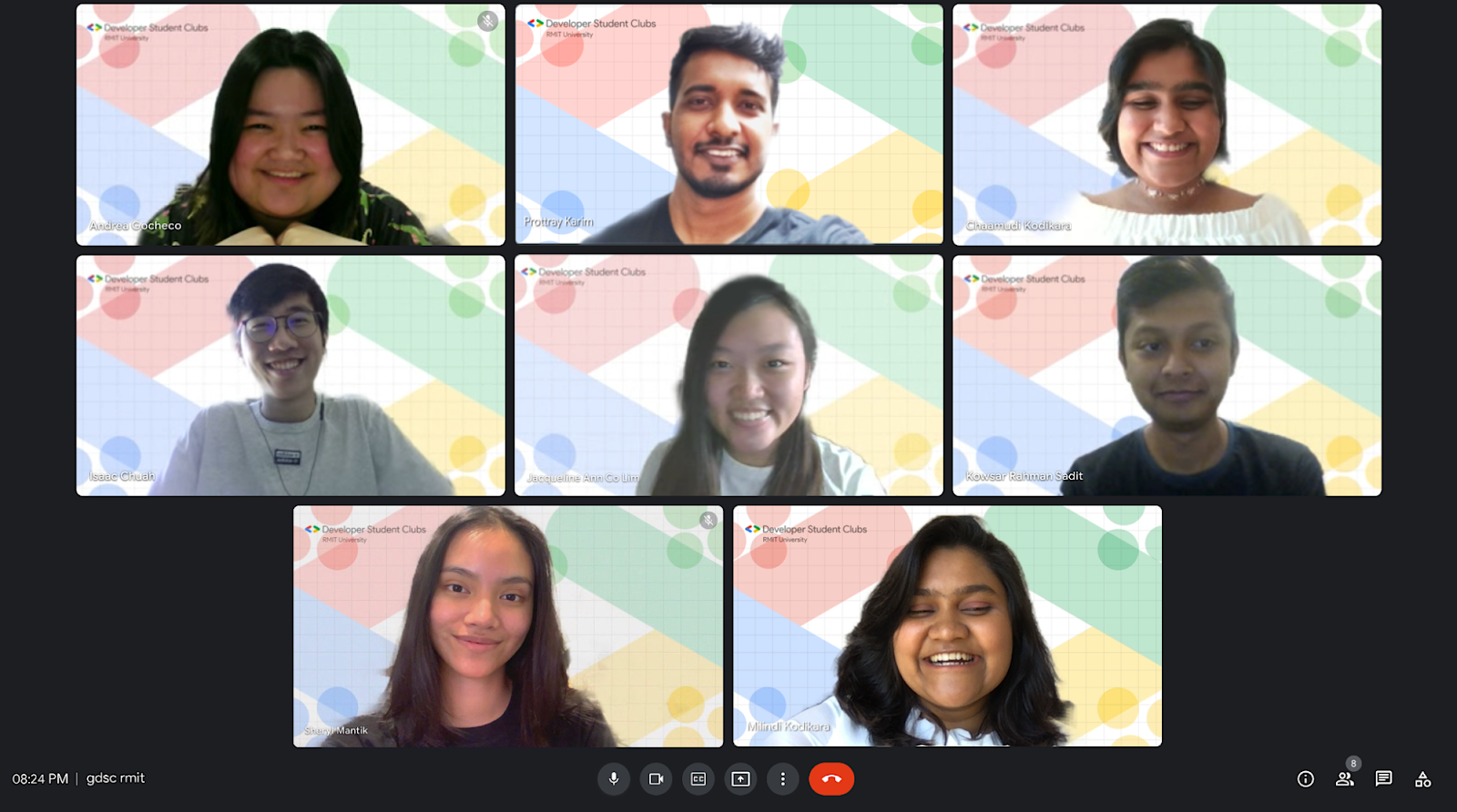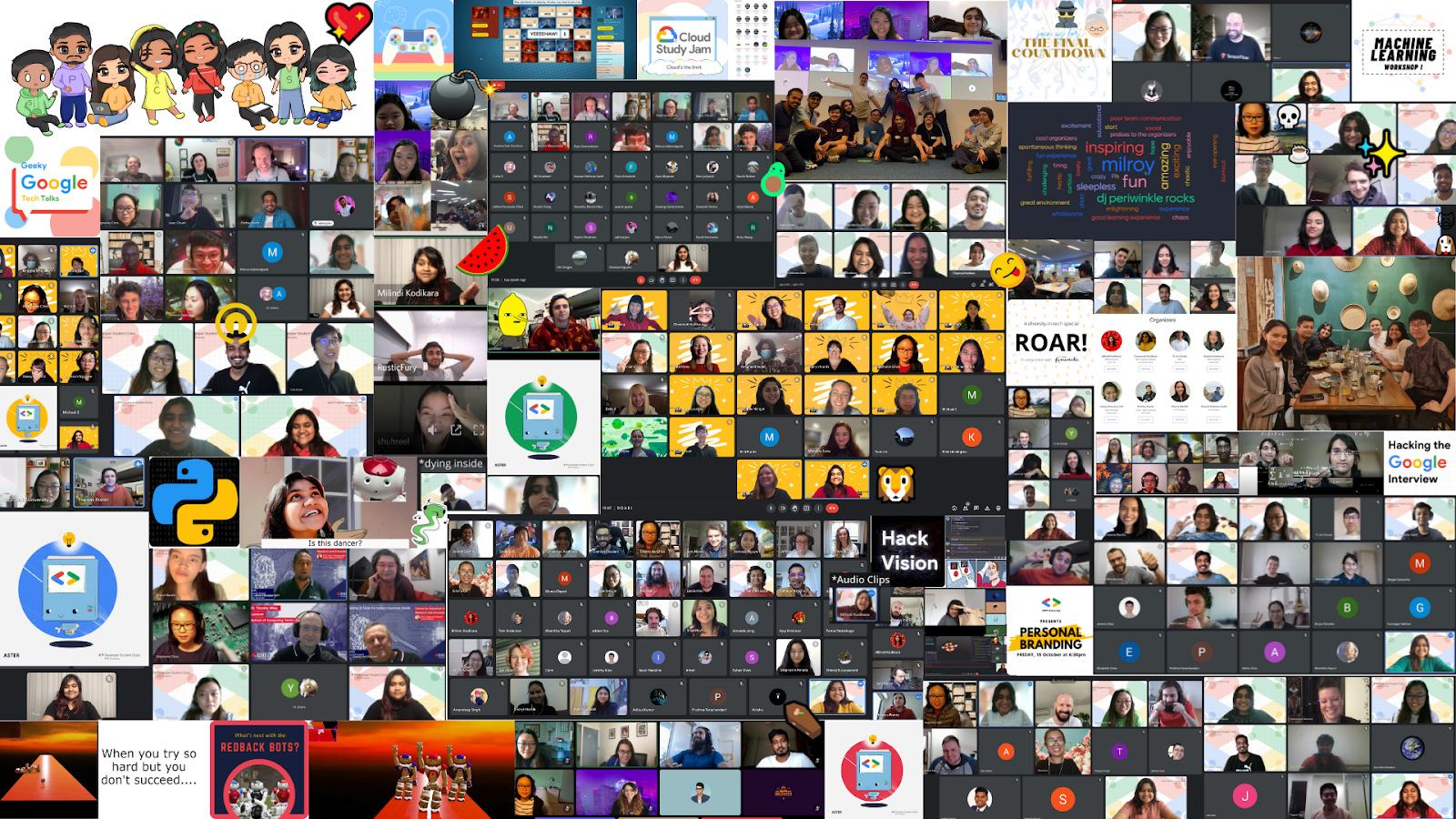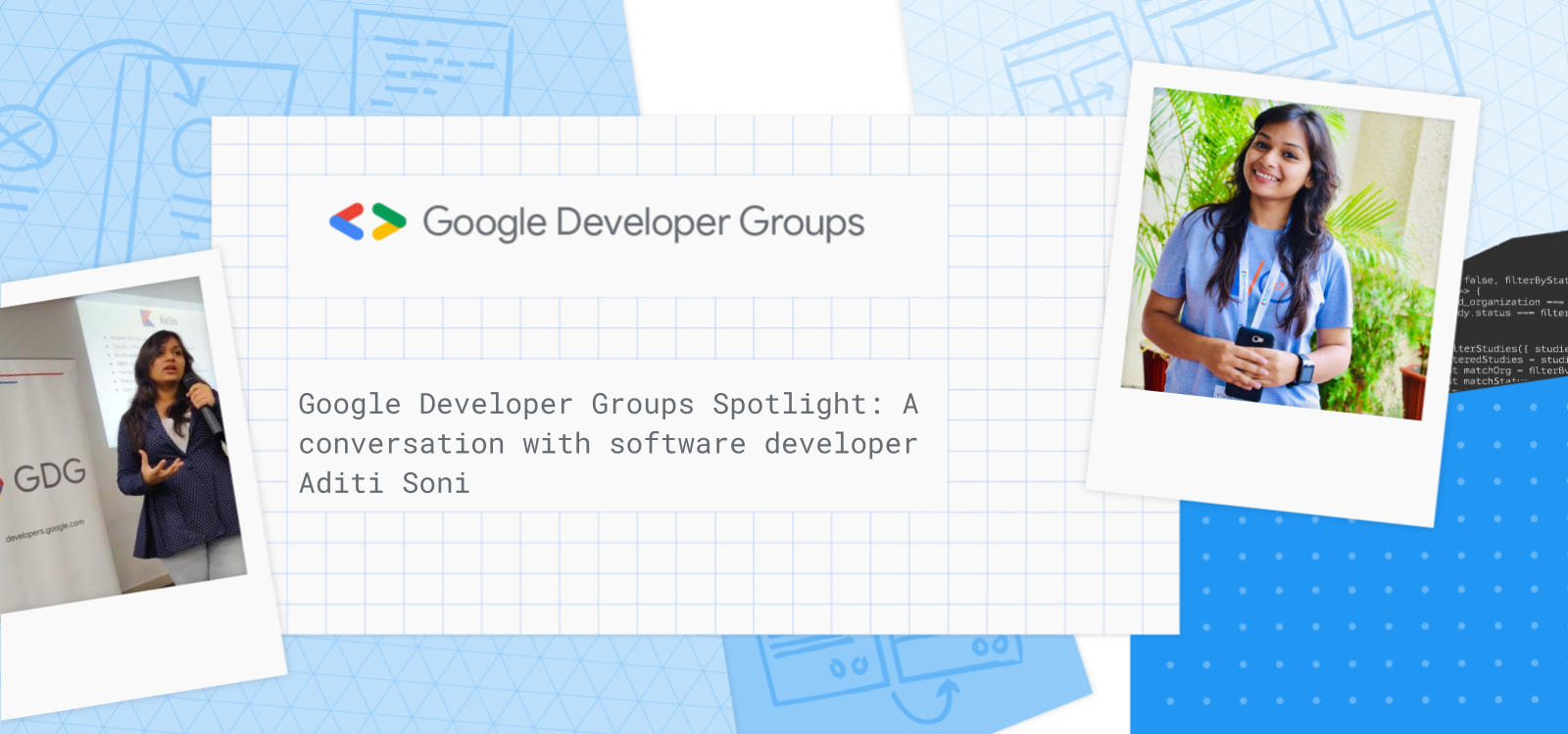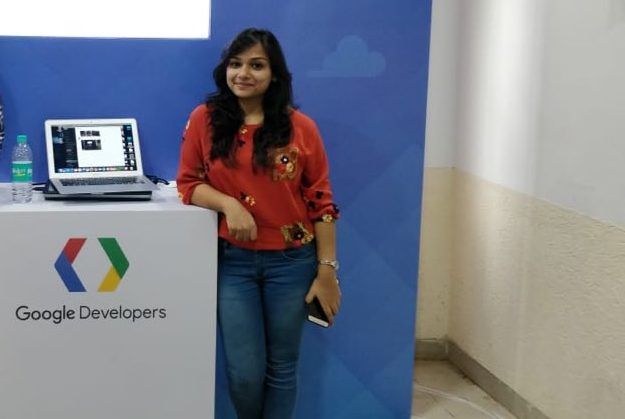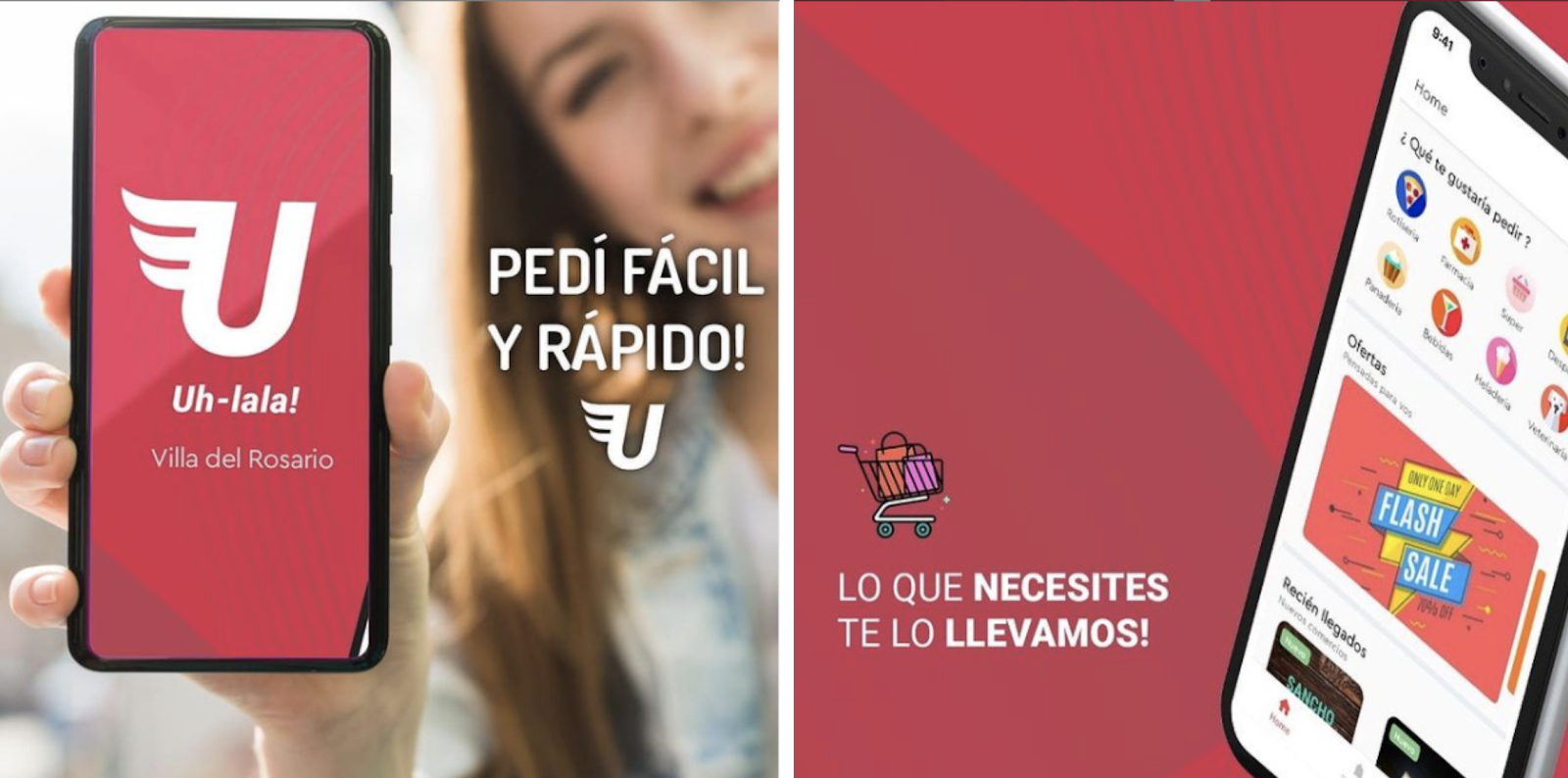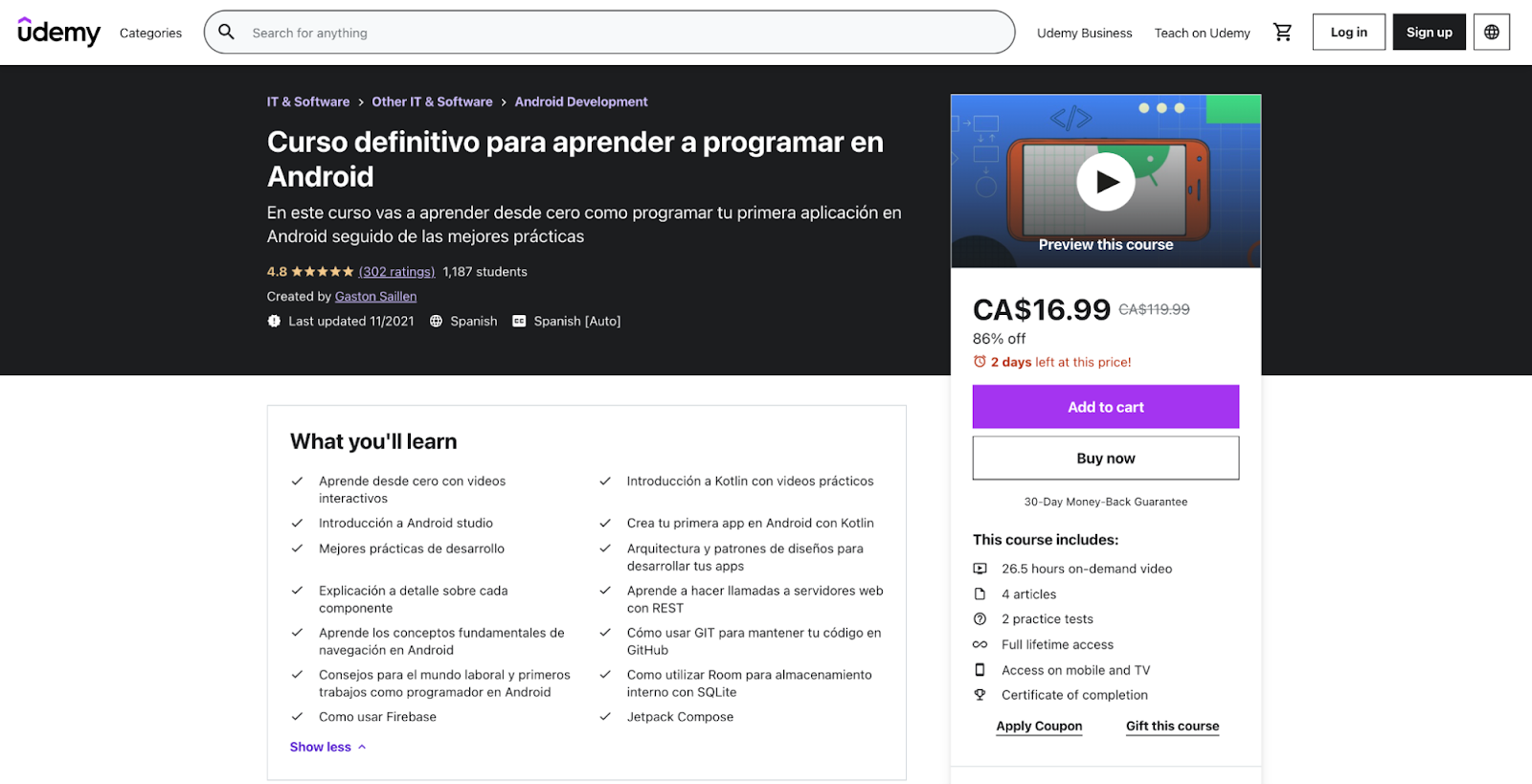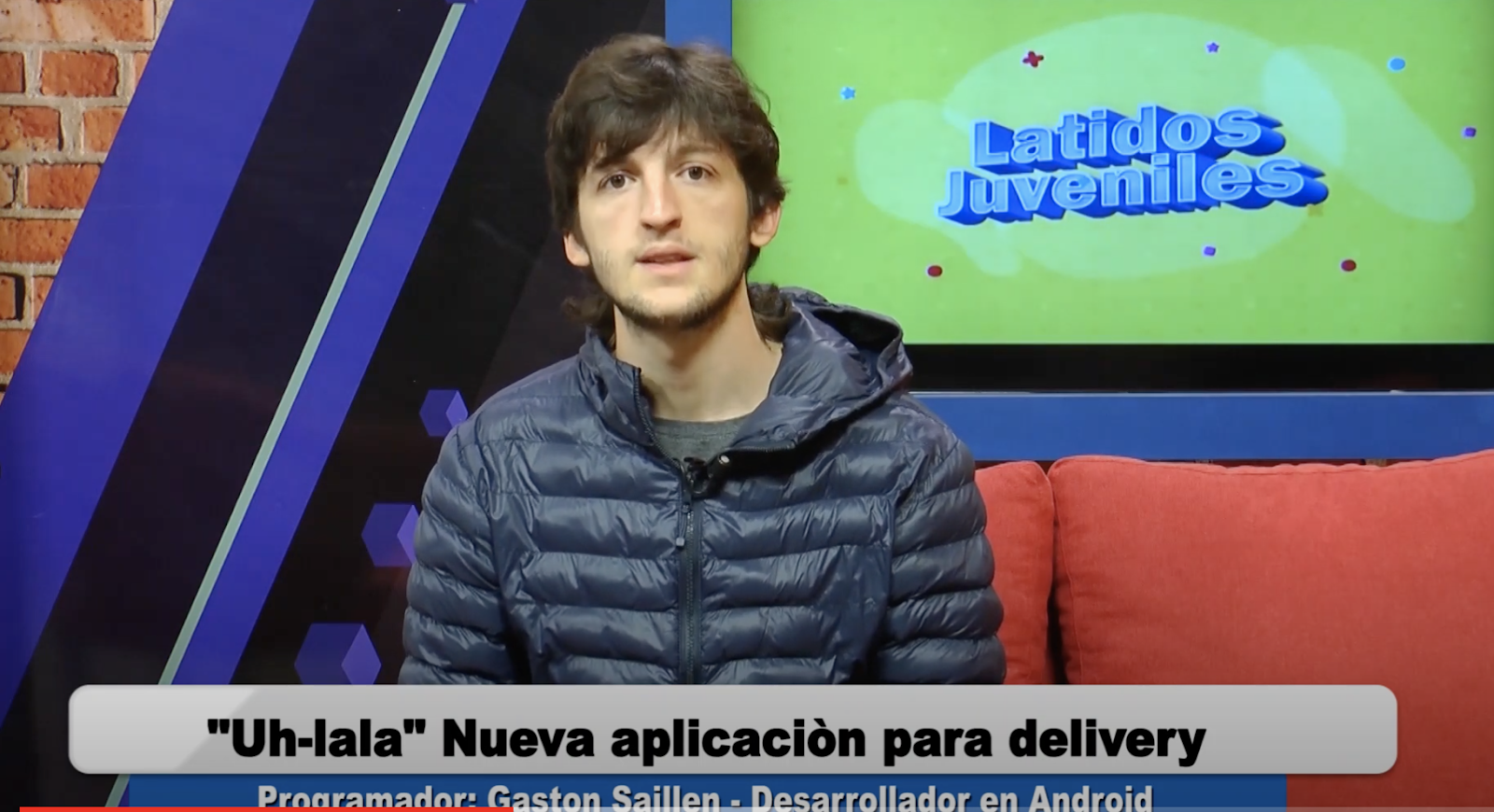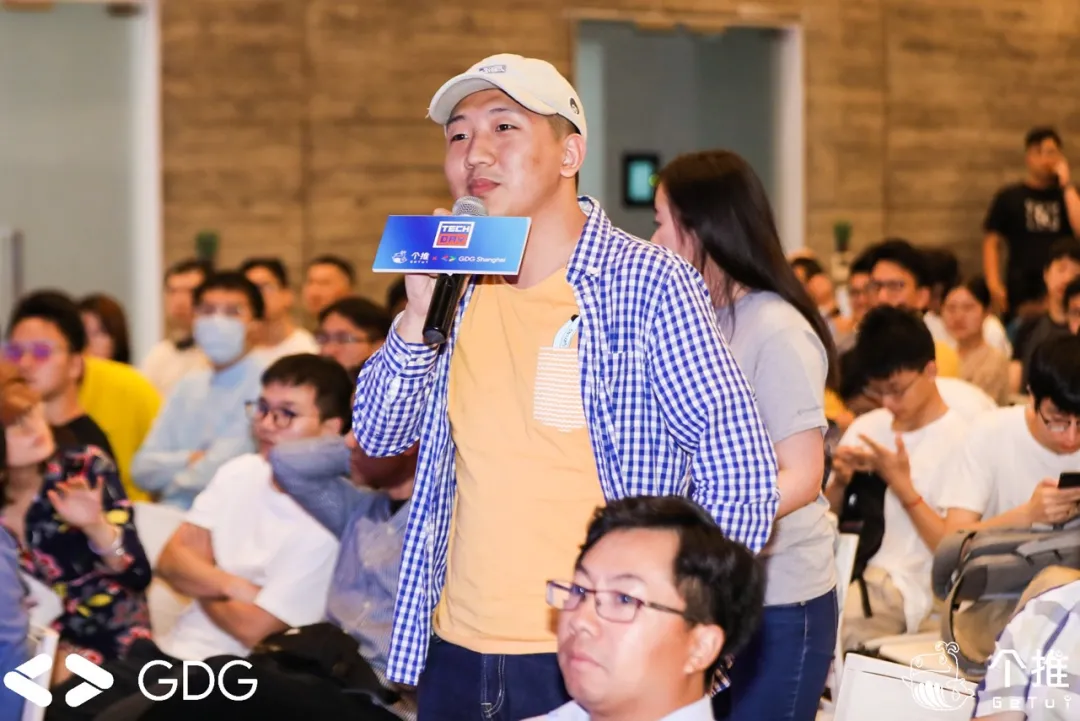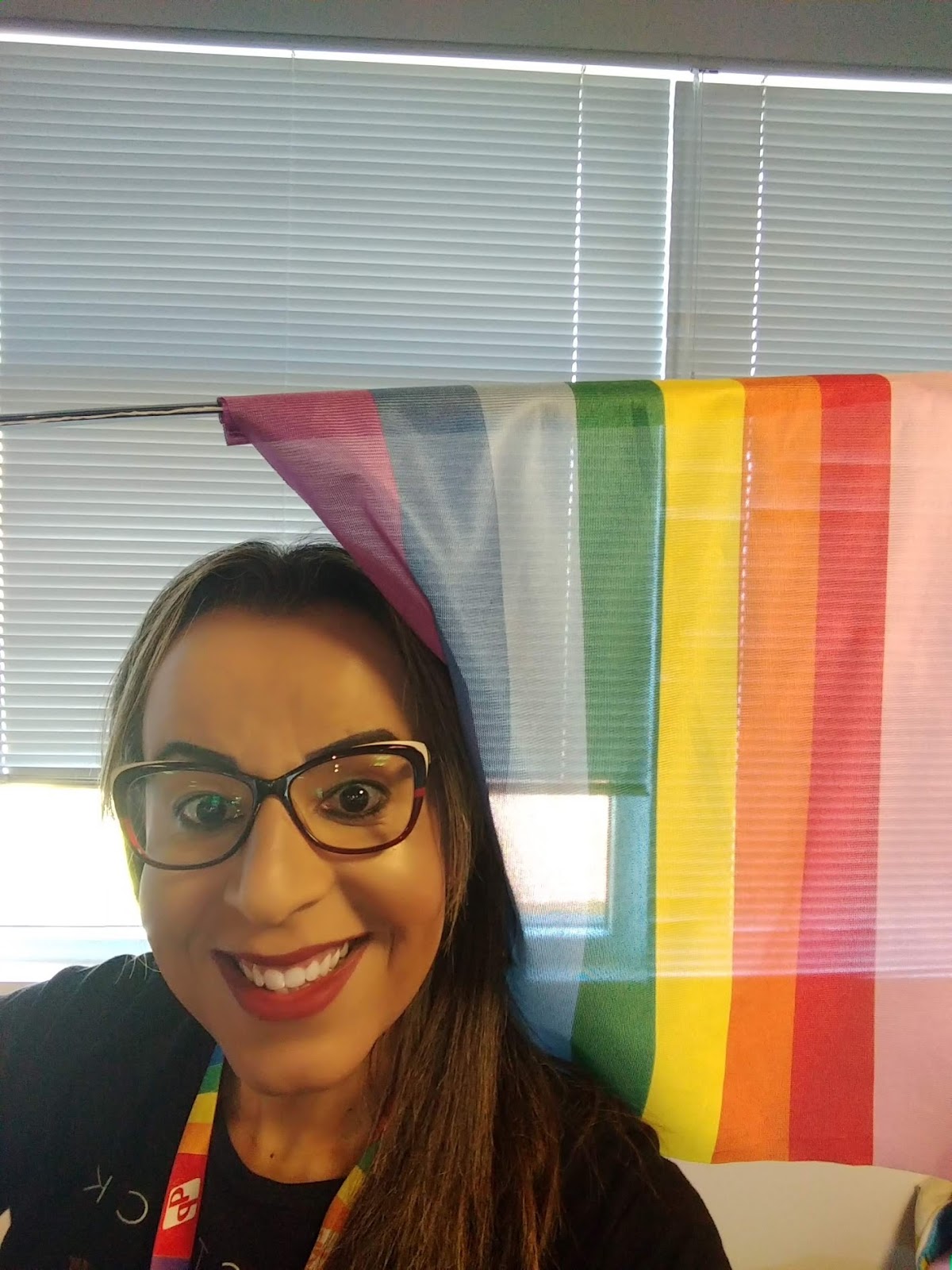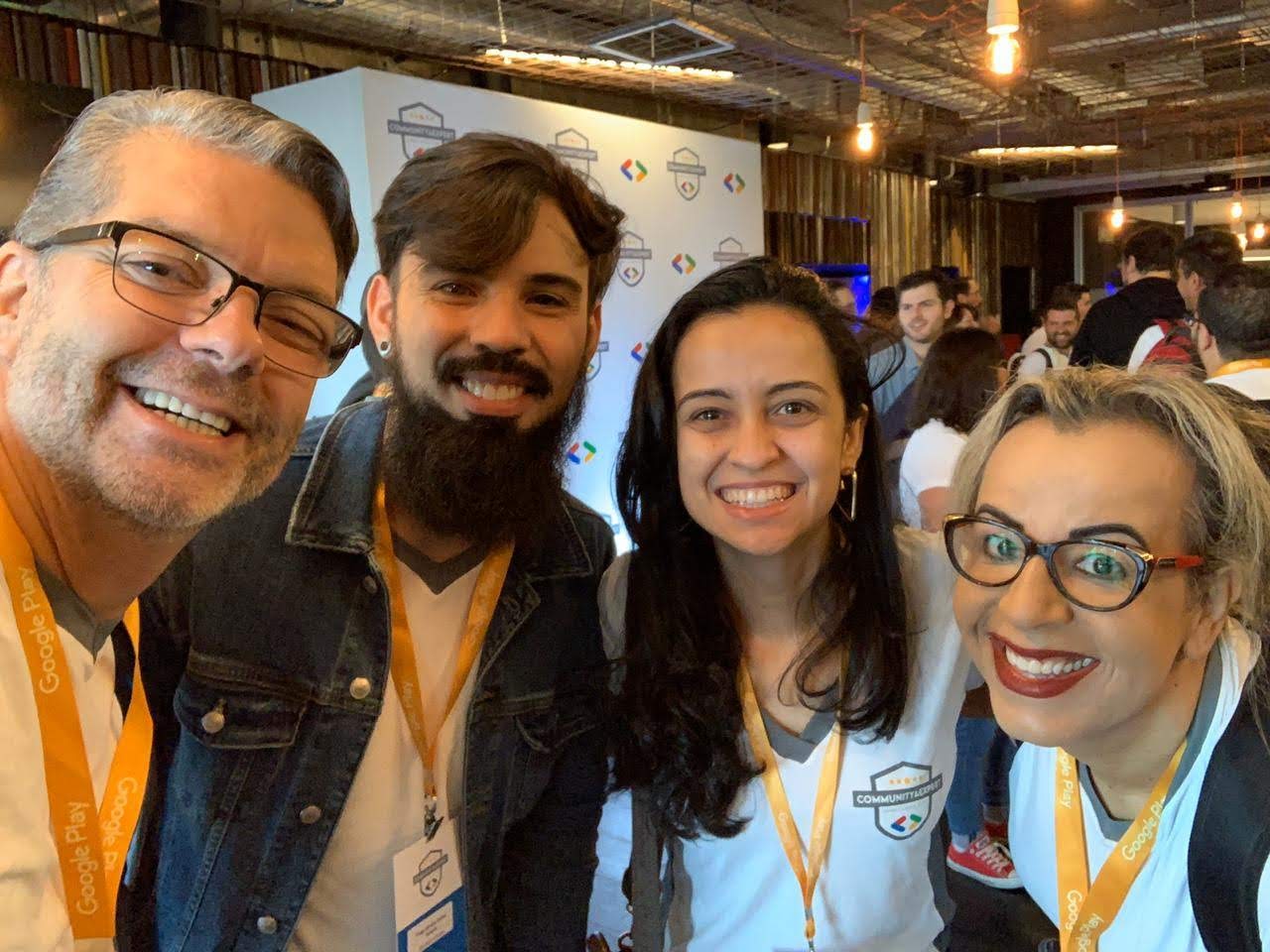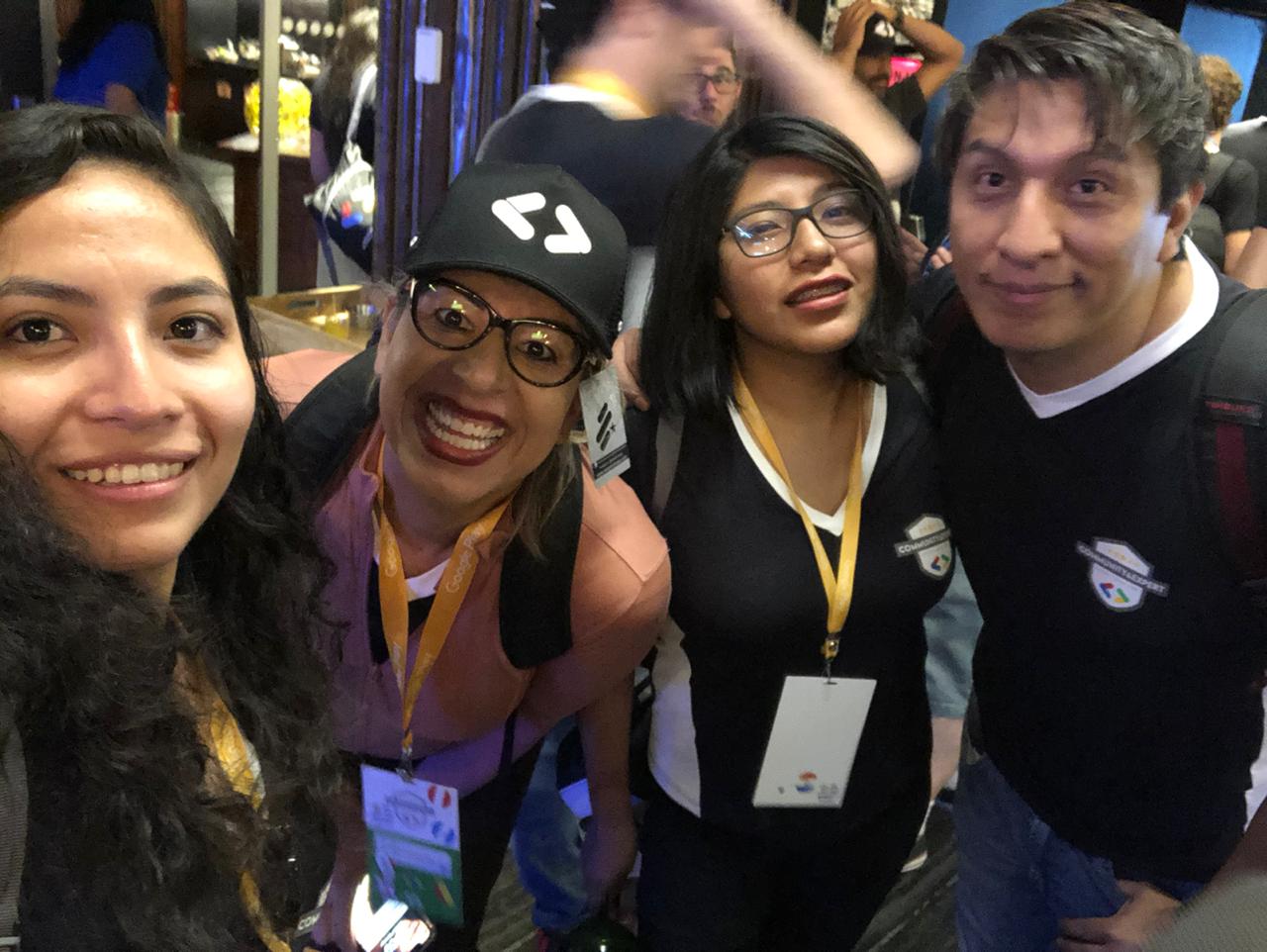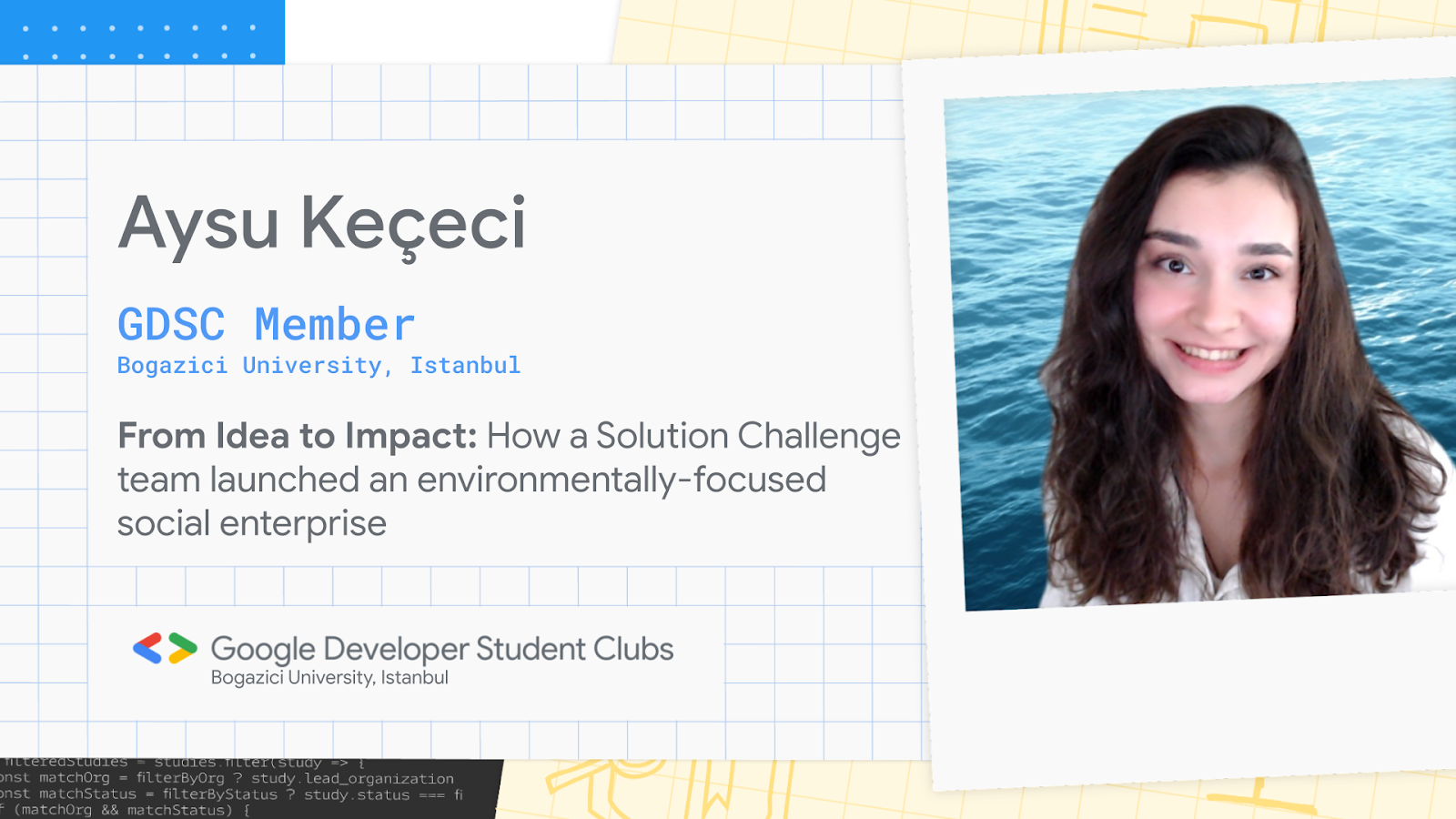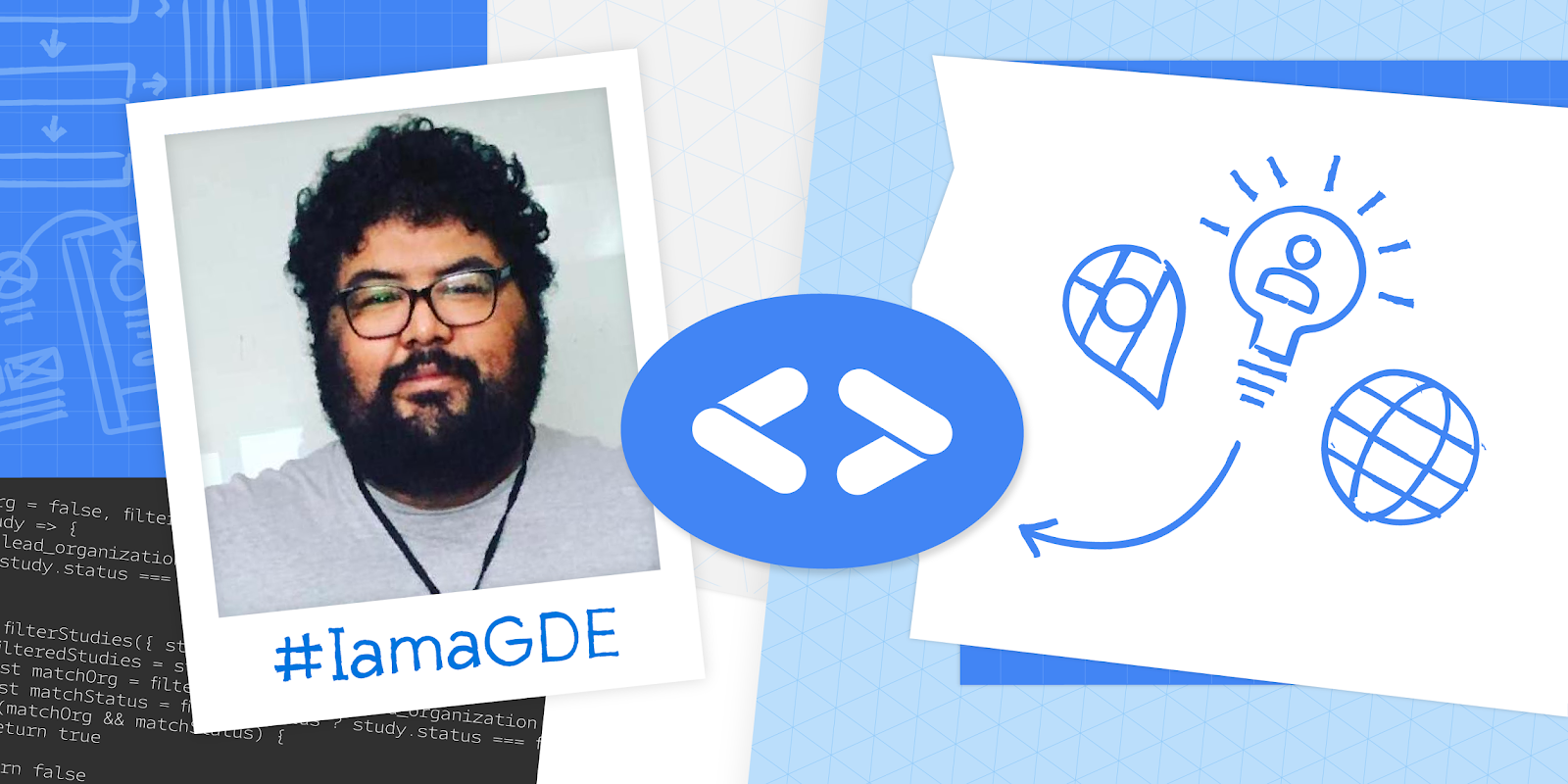Posted by Komal Sandhu - Global Program Manager, Google Developer Groups
| A mosaic of DevFest attendees from around the world |
DevFest: bringing community, connection, and technical content into focus
What might a flower pressing workshop, a keynote speech from a sitting Minister of Science & Technology, and a dinner at a 144-year-old restaurant in Madrid all have in common? These distinctive hyper-local experiences reveal just a few of the ways developers from all walks came together to master technical topics this year at community-led DevFest events around the world.
DevFest represents the largest distributed tech conference in the world, and the global community-led initiative made a point to include all developers. In its tenth year, DevFest 2021 celebrated using technology for good, and pioneered programs to nurture local economic growth.
Making developer-driven content approachable
Google Developer Groups (GDG) chapters in regions around the world curated events and agendas to suit the needs and interests of local developer communities worldwide. Organizers offered hands-on demos, workshops, and codelabs about the latest developer technologies, including Android, Google Cloud Platform, Web.dev, Firebase, Google Assistant, Flutter and Machine Learning with TensorFlow, . Events also feature talks and sessions that covered emerging topics and how to build experience in the industry.
Communities gathered both in-person and in virtual settings to make technical content accessible for developers. As more developers joined in on the fun, some contributed to Dev Library, a showcase of open-source projects built by community members that feature Google technologies.Some events provide mentorship and career support to early-career developers. Many organizers made diversity, equity, and inclusion (DEI) and youth skills development a central focus of their gatherings.
DevFests around the world: a patchwork of both spoken and programming languages
DevFests bridge multiple languages, developer skill levels, and regions, and each individual event can address local challenges and opportunities.
| A DevFest session covering Natural Language Processing in the remote area of Norilsk |
The Russian city of Norilsk, for example, located above the Polar Circle, usually takes at least five hours to fly to from most places in the area. Developers in this remote region hosted DevFest as part of a weekend long IT summit. Here, Google Developer Experts from Russia, Belarus, and Norway gave talks attended from IT specialists, teachers, high school students, and representatives from city organizations. “The event is significant for Norilsk,” said GDG Norilsk member Maxim. “Finally, we are holding specialized conferences for IT specialists who are cut off from the mainland.”
| Attendees of DevFest 2021 Islamabad |
Take the largest DevFest in Pakistan to date, organized by GDG Islamabad, where organizers and guest speakers shared plans to teach young people skills like Android development, machine learning, and web technologies to infuse technical skills into Pakistan’s economy. Shibli Faraz, celebrated Minister of Science & Technology of Pakistan, remarked that young people contribute technical knowledge to the country. The event also featured women’s online safety training sessions, organized in partnership with Women Techmakers.
Creating inclusive spaces around the globe:
GDG Algeciras in Spain collaborated with the Besana Down Syndrome Association and brought kids together to learn about Google Classroom, Meet, and Maps. GDG Lille introduced live captioning to make their event as accessible as possible for people with hearing impairments. GDG Lleida hosted a morning of tech talks and an afternoon of in-person talks centered around Lleida’s identity as the second-largest fruit growing region in Spain, including a flower-pressing workshop. “The afternoon track was a blast, with all the attendees expressing their thanks for the event and the workshops. Everyone said they felt appreciated and included,” writes GDG Spain organizer Andreu Ibáñez. [Watch: DevFest Lleida Afternoon Events]
From DevFest events in India, China, Uzbekistan, Nigeria, North America, and beyond, developers came together at DevFests across locales and chapters for inspirational talks and technical content and career sessions. In some regions where gatherings were permitted, many attendees noted DevFest remained the first in-person event they’d attended in years, bringing excitement packed with learning, networking, experimenting, and swag (and a reinvigorated sense of community).
Learning together through cross-cultural conversations & coding events
Marking the tenth year of the program, DevFest 2021 culminated as a unifying global initiative, which saw 450+ events in 90+ countries and helped 500k+ developers.
“This year, I thought it was especially important to feature not only technology, but also participants’ feelings and emotions,” writes Andreu Ibáñez, an organizer in Spain that planned three distinct DevFests “After all, community is so much more than just a bunch of tech aficionados.”
The spirit of DevFest has always come from the people involved - developers from all different backgrounds and skill levels. Countries bring their own flavor and spin to their programs, and many organizers offered innovative ways for participants to connect. The event series continues to inspire local developer communities to plug in and share learning resources.
